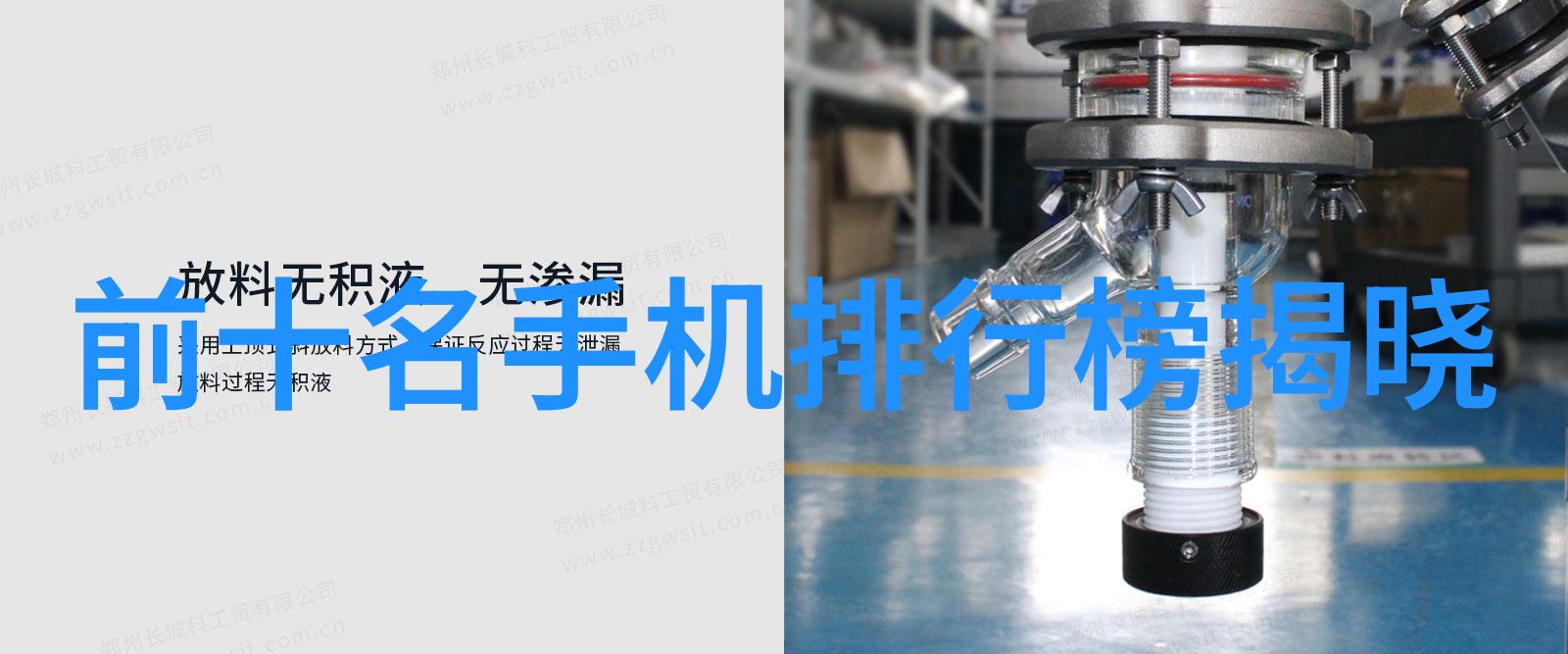中央空调家用系统的应用与评估优点与缺点分析
引言

中央空调家用系统的兴起

系统的定义及分类
中央空调家用系统的优点
2.1 节能效果显著

高效制冷技术,节约能源成本

可以根据室内外温度自动调整运行模式,提高使用效率
2.2 空气质量改善
利用过滤器和净化装置清除室内污染物质,提升居住环境质量
2.3 设施便利性高
可实现远程控制,无需现场操作,便于生活节奏安排
中央空调家用系统的缺点分析
3.1 安装维护难度大

需要专业安装师傅进行设置,并定期保养,以保证设备性能
3.2 成本较高
- 购买中央空调单元、配件及安装费用相对较高,对家庭经济负担重
应对策略与建议
4-1 合理选择型号
根据家庭空间大小和使用需求选择合适型号,避免浪费资源。
4-2 长期规划管理
提前预算并准备资金用于未来可能出现的大修或更换。
5 结论
Centralized air conditioning systems have become increasingly popular for residential use, due to their energy efficiency, improved indoor air quality and convenience of operation.
However, these systems also present some drawbacks such as high installation and maintenance costs, complexity in setup and the need for professional assistance.
In order to maximize the benefits while minimizing the negative aspects, homeowners should carefully consider their choices of models based on space requirements and budget constraints.
Furthermore, it is important to plan ahead for future expenses related to maintenance or replacement of the system components.
By taking these factors into account when selecting a centralized air conditioning system for residential use, individuals can make informed decisions that best suit their needs while ensuring optimal performance over time.


